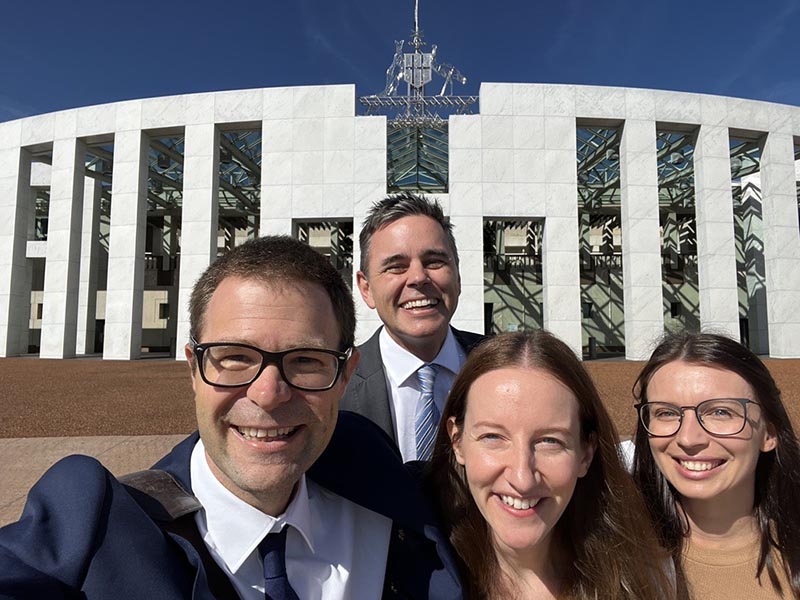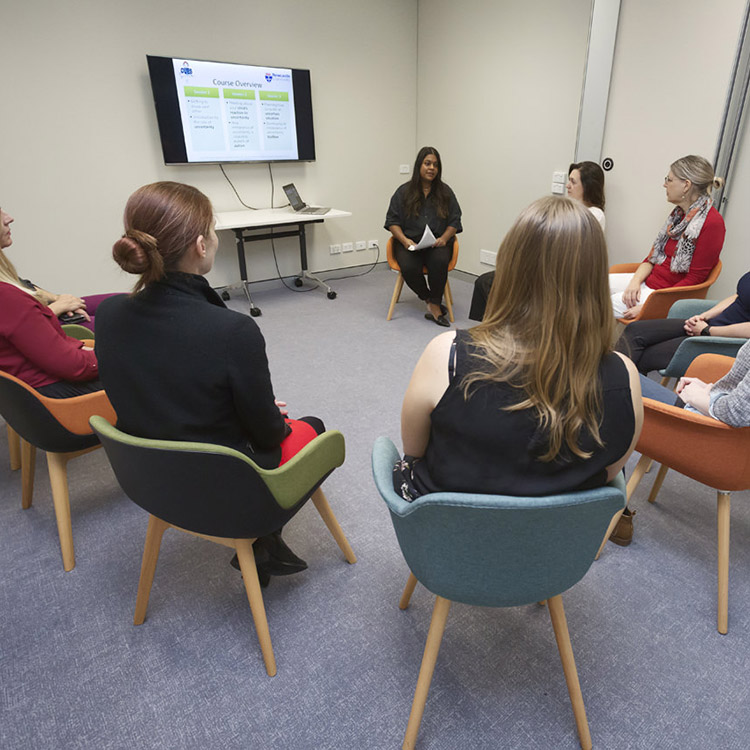Search
Showing results for "autism"
Preeclampsia is a pregnancy disorder characterized by hypertension. Epidemiological studies have associated preeclampsia with an increased risk of neurodevelopmental disorders in offspring, such as autism and schizophrenia. Preeclampsia has also been linked with maternal vitamin D deficiency, another candidate risk factor also associated with autism.

PhD Candidate
Discover how early support is helping kids connect, communicate and thrive.
Given the significance of gut microbiota in autism spectrum disorder (ASD), we aimed to assess the quality of systematic reviews (SRs) of studies assessing gut microbiota and effects of probiotic supplementation in children with ASD. PubMed, EMBASE, PsycINFO, Medline, and Cochrane databases were searched from inception to November 2024.
This study aimed to understand how parents describe the most challenging behaviors exhibited by their children diagnosed with autism and/or ADHD, how those behaviours impact their family, and whether challenges are directly related to the core characteristics of these conditions.
Increased prenatal testosterone exposure has been hypothesized as a mechanism underlying autism spectrum disorders (ASD).

Australia’s first national guideline for supporting the learning, participation and wellbeing of autistic children and their families.
Citation: Hill NTM, McGorry PD, Robinson J. Suicide by young Australians, 2006–2015: a cross-sectional analysis of national coronial data. Med J Aust

CliniKids runs training in a range of areas for clinicians and autism professionals in addition to workshops for parents, caregivers and families.

Deputy Director (Research); Angela Wright Bennett Professor of Autism Research at The Kids Research Institute Australia; Director, CliniKids
